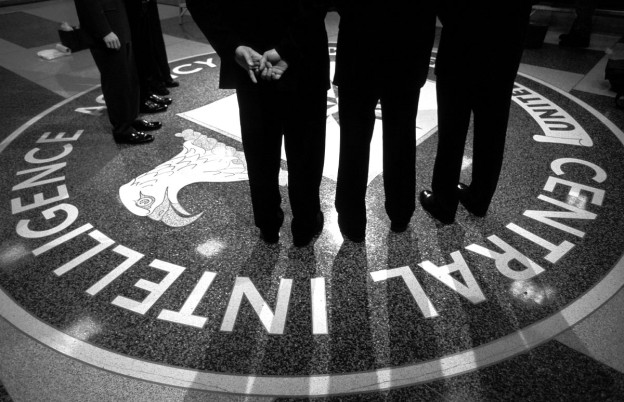The USA has been subjected over the years to terrorist threats, most recently the well-known September 11 attack. As a result, it is somewhat understandable why the government has put in place stringent measures to secure its borders. These measures include surveillance of those within its borders and outside, to some extent.
The Foreign Intelligence Surveillance Court (FISA Court) authorizes warrant requests for surveillance of intelligence agencies within the U.S. that originate in foreign countries. These agencies may be suspected of something untoward.
The National Security Agency (NSA) typically makes these warrant requests, along with other federal law enforcement agencies, specifically the Federal Bureau of Investigation (FBI). The Intelligence court is subject to the Foreign Intelligence Surveillance Act, which was passed in 1978.
Past NSA worker, Edward Snowden, has been in the news recently as he leaked secret documents earlier in 2013. The leaked document was an order given by the court, for the NSA to gather information on a number of individuals. The court order specifically states that, a company controlled by the well-known Verizon phone company, should hand over on a daily basis, all call records, its associating details and feeds, also referred to as ‘metadata’. What was even more worrying is that the calls included domestic calls and calls that originate from the US to foreign countries.
While Verizon admits that it respects the privacy of its customers, it was mandated to comply with the order. The understandable concern for many is that the Verizon surveillance is not unique. It is possible and very likely that other major communications companies within the US have received such an order.
The disclosure has led to subsequent whiplash from members of the public and even foreign countries, who are concerned that they too are being placed under surveillance. It has been argued that the public’s fourth amendment rights have been violated.
However, the U.S. government continues to insist that the court and its orders are legal, as they fall under a case law, referred to as the ‘third part doctrine’. Essentially the government is privy to any information that has been disclosed to a third party voluntarily. Therefore, the information released by the subsidiary of Verizon cannot be considered private.
How does the FISA Court work?
There are more than one judge assigned to the court, however, the FISA warrant once requested is presided over by a single judge. Nonetheless, if the warrant is needed immediately, for example, in emergency cases, the U.S. Attorney General can issue it, after which he or she is required to inform the FISA Court of the decision within the given 72-hour’s period.
The organization cannot appeal to another judge if the warrant request was not granted. The request, however, should be made to the United States foreign intelligence surveillance court of Review. It is rare for warrant requests to be denied and equally rare for appeals to be made, though the court may ask that changes be made to the requests before granting it.
The court has been termed by many as the ‘secret court,’ this is because of the nature of the requests and the fact that members of the public cannot attend any of the proceedings. The secrecy of the court and infrequency of warrant denials, lead many members of the public to question the court’s objectiveness. In fact, it has been characterized in certain circles as a ‘rubber stamped’ kangaroo court. In essence, it is being led by more powerful members of the government/society. How the judges are appointed may be a point that fuels the questions of objectivity.
How are judges appointed?
The Supreme Court Chief Justice has the responsibility of appointing the judges for this Federal Intelligence Surveillance Court. One would expect that the appointment of the judges is subject to some management, however, the chief justice acts without any supervision from the U.S. Congress. It is therefore, understandable why many are concerned that there is bias involved, as the person in charge can simply choose judges that share a similar point of view.
The Intelligence court and the NSA have been under public scrutiny since former NSA contractor Edward Snowden leaked ‘top secret’ document. It has been criticized as being biased and its clandestine activities make the public understandably skeptical of its purpose. As a result, many individuals would like more information on how the court operates. There are many similar articles on the Web, which provides the needed information.
